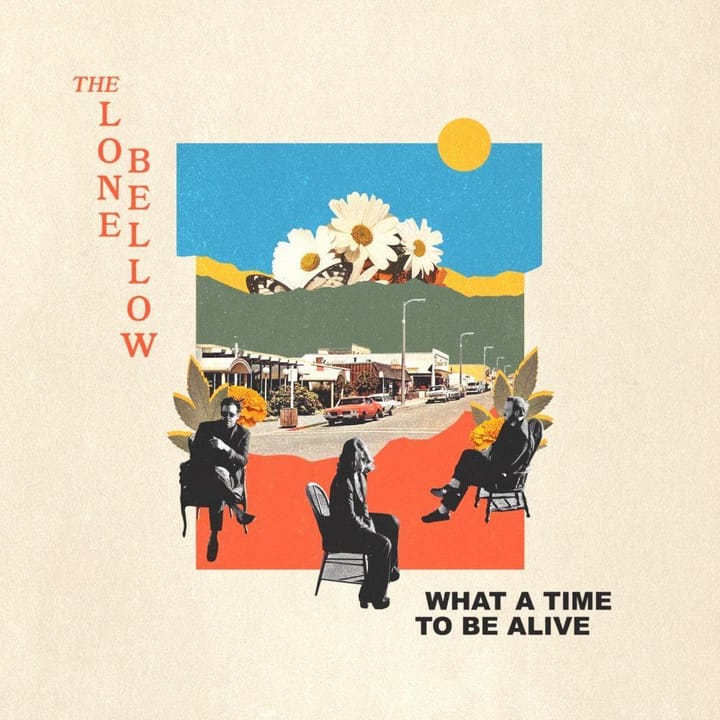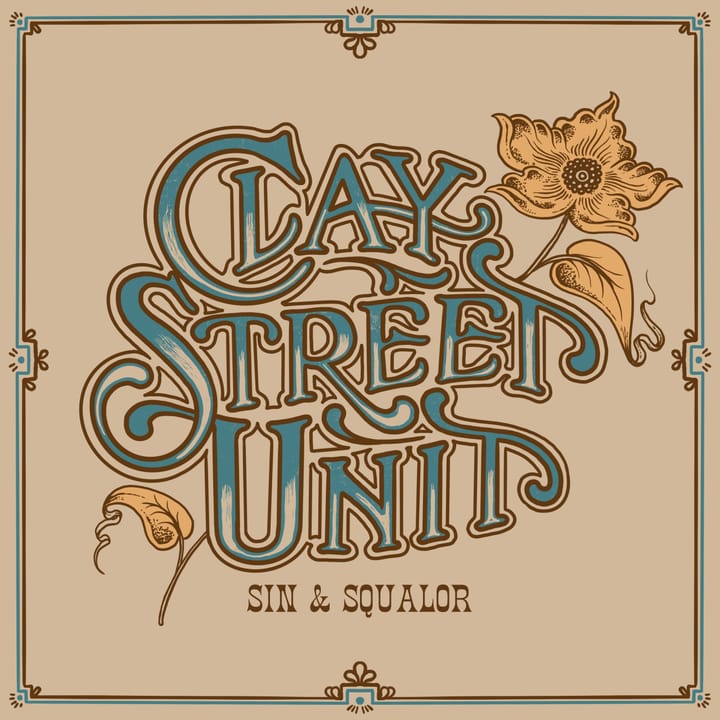Somewhere along the way, Steve Earle started talking about his albums in terms of which box they fit in. "This is gonna be a bluegrass record," he'd say, or "Next time I'm gonna make a rock record." Trouble is, Earle's omnivorous sensibilities have never lent themselves to confines of any sort. That's part of what made the likes of I Feel Alright, with its nods to everything from country blues to big-beat rock 'n' roll, and El Corazon, which ranges from grunge to 'grass, so indelible. It's also what makes this assortment of "stray tracks" from Earle's comeback period (better than half covers, a third from movies) a de facto best-of, and a near-great one at that.
Sure, there's a stilted cover of "Willin'", plus a version of "My Back Pages" in which Earle's constricted whine smacks of Tim McGraw gasping for his ProTools. But apart from these lapses, Sidetracks gives us Earle at his most expansive and politicized; it's arguably the most representative, and best, album he's put out since he got off the pipe.
Sidetracks has a studio take of "Johnny Too Bad", a ragamuffin reworking of the Slickers classic featuring the V-roys and toaster C-FAX that Earle rightly touts as the Jamaican answer to "I Fought The Law". There's also a grassy live version of "My Uncle", the Flying Burrito Burritos' dead-on draft-dodger rag.
Other highlights include "Dominick St.", a Celtic conclave with accordionist Sharon Shannon and the Woodchoppers, as well as a biting cover, by Earle & the Dukes, of Nirvana's "Breed". (The latter, which Earle cut as a tribute to Artemis president and former Nirvana manager Danny Goldberg, first appeared as a bonus track on the Japanese edition of Transcendental Blues.)
Evident throughout much of the record are Earle's pro-justice politics, an increasingly pronounced side of his persona that most closely comes into focus during the mid-album diptych of "Time Has Come Today" and "Ellis Unit One". The former, Earle's crunching, fuzz-toned cover of the great Chamber Brothers single, has long been a staple of the Dukes' live sets; it's done here as a duet with Sheryl Crow, whose bluesy wailing all but steals the show.
Also punctuating "Time" are snippets of rants, both righteous and grandiose, by Abbie Hoffman, one of which unmasks the racism and classicism inherent in the nation's criminal justice system and sets the stage for the version of "Ellis Unit One" that follows. There, with the harmonies of the Fairfield Four laying down the only foundation he needs, Earle assumes the voice of a second-generation prison guard, a guy who's witnessed so many executions that one night he's haunted by a nightmare in which he's the one being strapped to the gurney. Earle's message is clear: No one -- not even those who fancy themselves bystanders -- escapes the ravages of the death penalty.




Comments ()